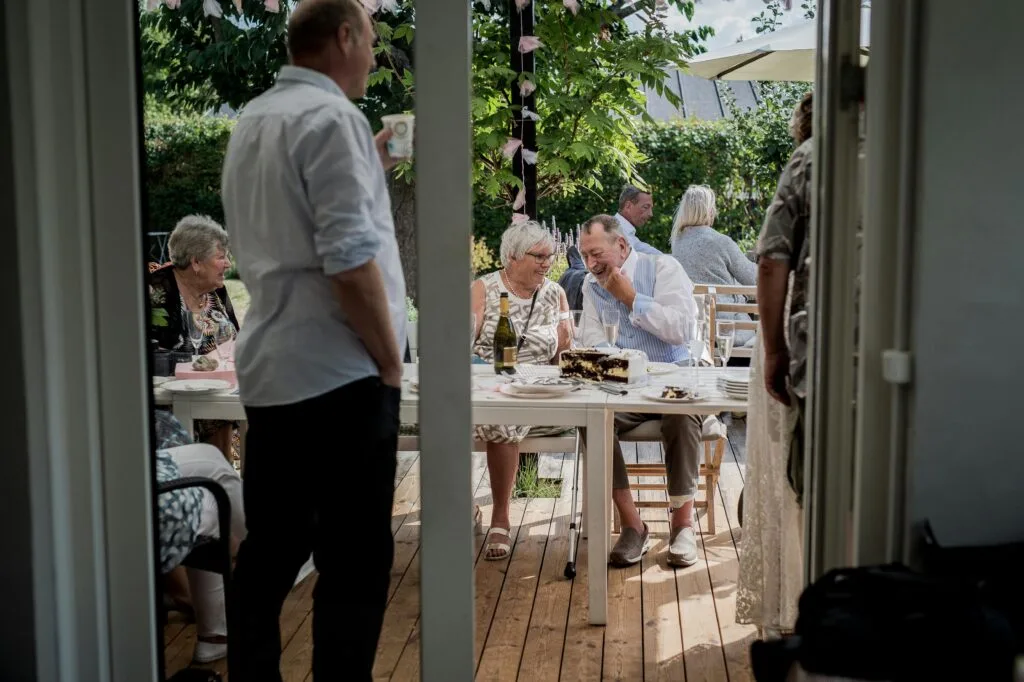1. Square Pegs
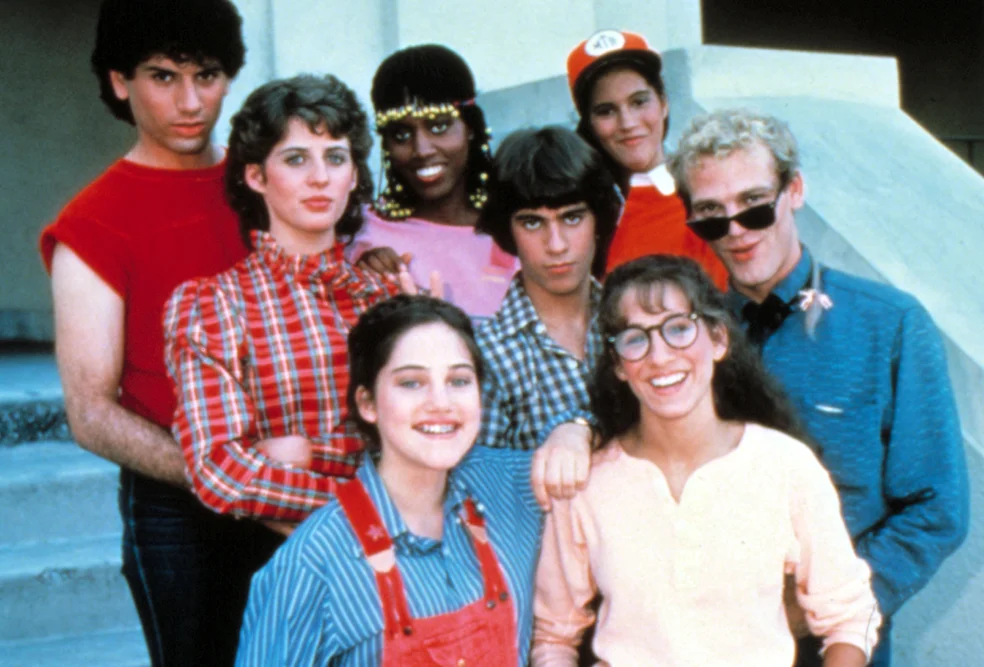
When Square Pegs premiered in 1982, it felt like a genuine look at high school life, long before shows like My So-Called Life or Freaks and Geeks came along. Sarah Jessica Parker starred as a nerdy teen trying desperately to fit in, and the show captured the awkwardness and humor of adolescence in a way that felt authentic instead of glossy.
Despite its fresh approach, the series only lasted one season due to behind-the-scenes struggles. Still, it managed to capture the voice of teenagers in a way few shows had before, and it even featured a theme song by The Waitresses. Today, it’s rarely talked about, but for those who remember, it felt like a blueprint for the teen dramedies that came later.
2. Frank’s Place
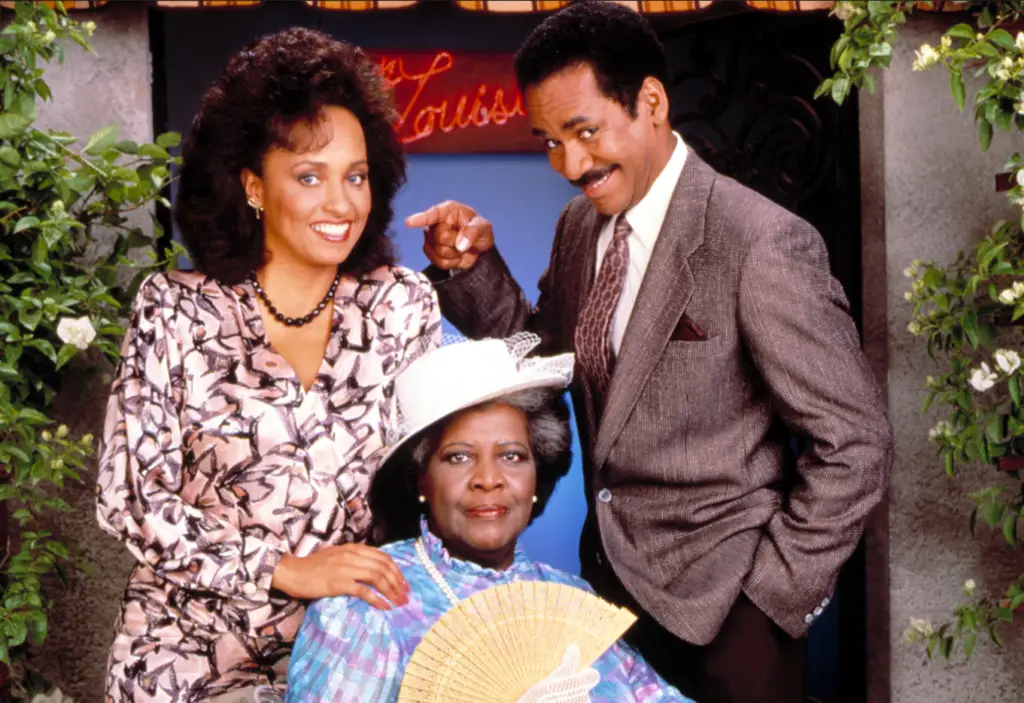
Frank’s Place was a dramedy set in New Orleans about a man who unexpectedly inherits his father’s restaurant. Tim Reid, who many remember from WKRP in Cincinnati, played Frank, and the show stood out for mixing humor with serious issues like race and tradition in the South.
The series was critically acclaimed, even winning an Emmy, but CBS pulled the plug after just one season. It was simply ahead of its time, blending comedy and drama years before “dramedy” became a TV buzzword. While it’s mostly forgotten today, it deserves credit for breaking new ground in storytelling style.
3. Sledge Hammer!
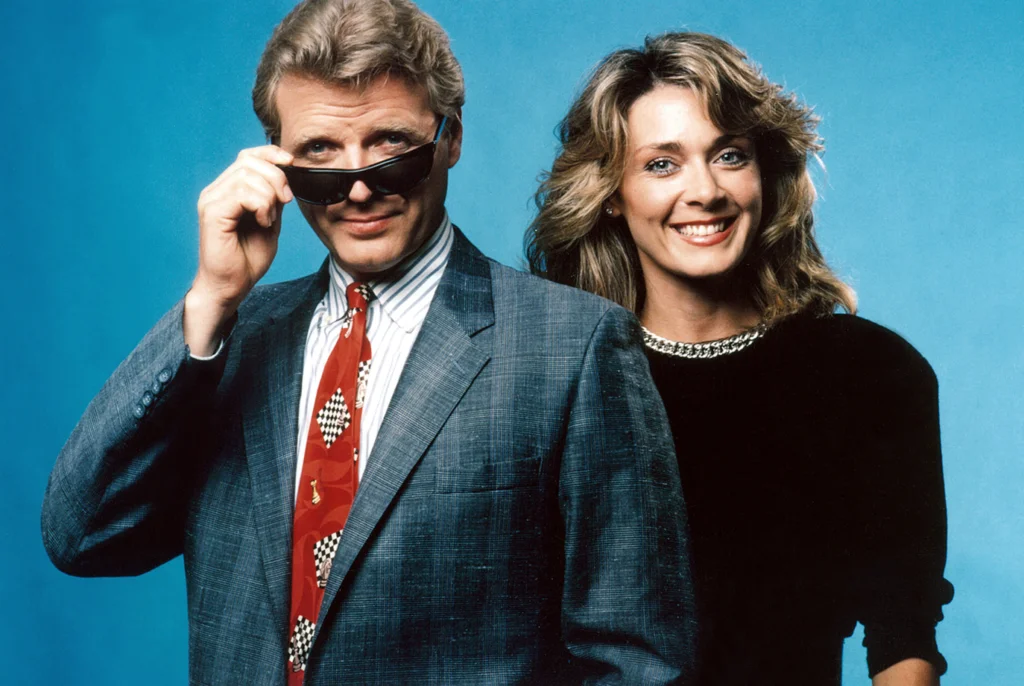
This 1986 satire poked fun at tough-guy cop dramas, with David Rasche playing a trigger-happy detective who literally talked to his gun. The series thrived on absurdity, pushing the envelope with over-the-top violence played purely for laughs.
While critics loved its bold humor, audiences didn’t quite know what to make of it. Still, it helped pave the way for other parody-driven shows like Police Squad! and even influenced later animated comedies. It’s mostly a cult favorite now, but at the time it was shaking up what a cop show could be.
4. St. Elsewhere
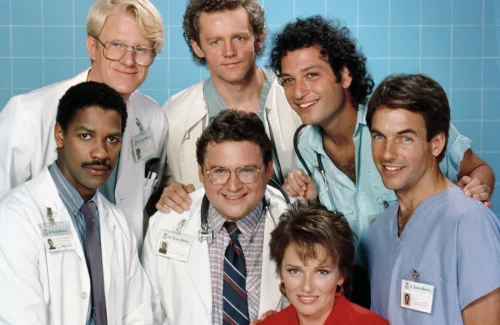
Before ER and Grey’s Anatomy, there was St. Elsewhere, which premiered in 1982. The show tackled tough medical and social issues with a gritty realism that was rare for TV dramas of the time. It also gave early roles to stars like Denzel Washington and Mark Harmon.
Despite being critically beloved, it never reached the popularity of other hospital shows. Its finale, which famously suggested the entire series existed inside the mind of a child, remains one of the most controversial endings in TV history. It’s often overshadowed now, but it was groundbreaking in the way it reshaped medical dramas.
5. Max Headroom
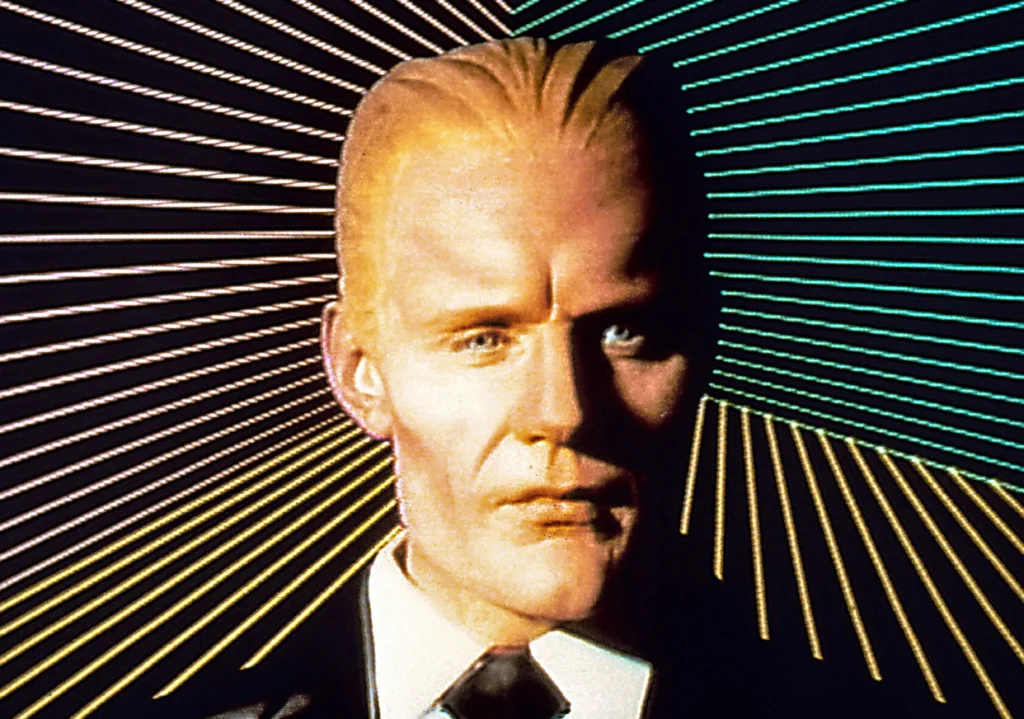
Set in a dystopian future obsessed with television and technology, Max Headroom was way ahead of its time. The quirky, glitchy AI character, played by Matt Frewer, became a pop culture icon, even appearing in commercials.
The show only ran for two seasons, but its themes of media control and artificial intelligence feel even more relevant today. It was a little too odd for mainstream audiences back then, but in hindsight, it looks like a show that saw the future more clearly than most.
6. Cagney & Lacey
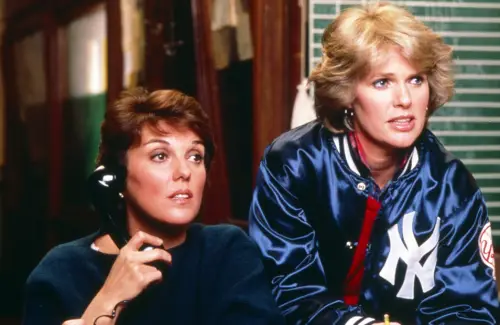
This police drama about two female detectives, which debuted in 1982, broke barriers simply by putting women at the center of a gritty cop show. Sharon Gless and Tyne Daly played the leads, and their partnership felt authentic and groundbreaking for prime-time television.
The show often tackled controversial topics like sexism and abortion, which was rare for the time. While it had a solid run, it isn’t as often revisited as other ’80s hits. Still, it proved women could lead a hard-hitting drama, paving the way for many who came after.
7. Alien Nation
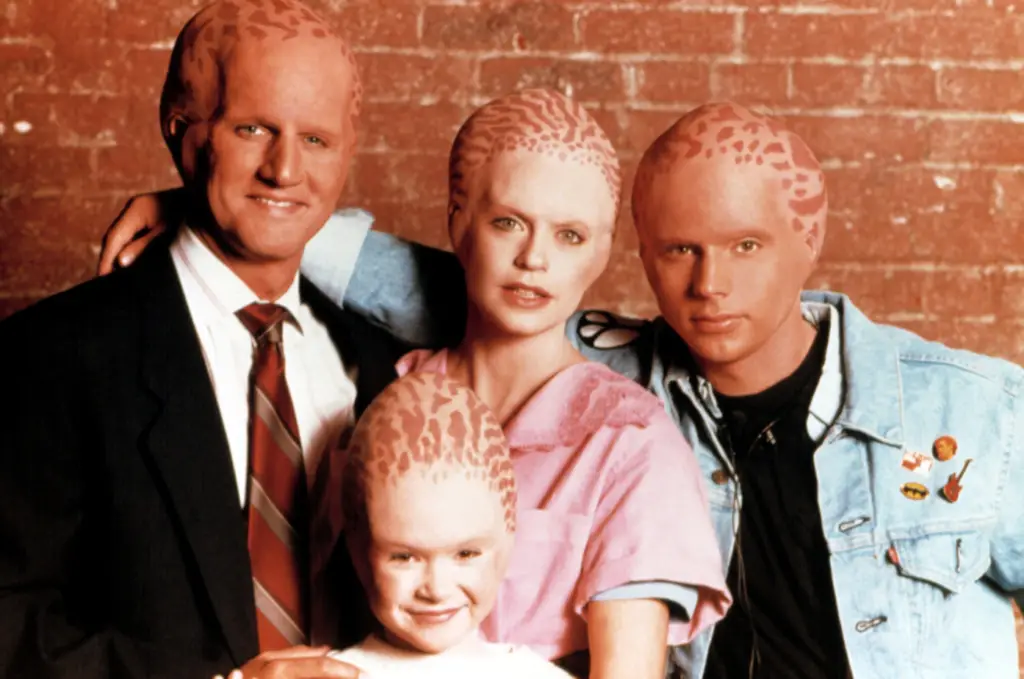
Premiering in 1989, Alien Nation blended science fiction with social commentary, telling the story of aliens who tried to assimilate into human society. At its core, it was a buddy-cop show, but with clever undertones about racism, immigration, and prejudice.
The series only lasted one season before being canceled, but it left a lasting impression and even spawned TV movies in the ’90s. It’s not widely remembered today, but it quietly used sci-fi to tackle issues other shows were afraid to touch.
8. Kate & Allie
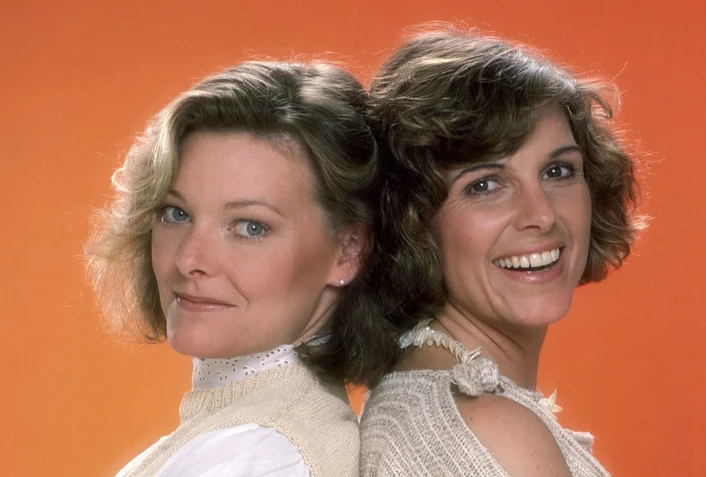
Debuting in 1984, Kate & Allie followed two divorced women raising their kids together in New York City. It showed a non-traditional family setup on TV at a time when sitcoms usually leaned on nuclear family tropes.
The series was funny and warm, but it also subtly challenged ideas of what family could look like. It ran for six seasons but doesn’t get much attention in reruns or retrospectives today. For many, though, it was groundbreaking in its honest portrayal of single motherhood and friendship.
9. Crime Story
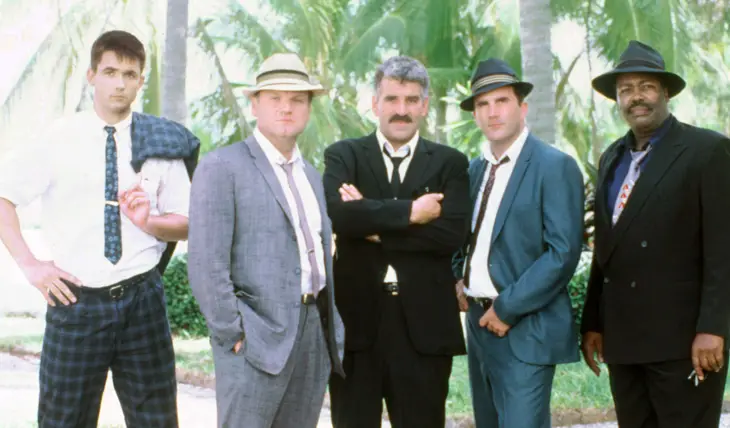
Michael Mann, who also created Miami Vice, brought Crime Story to television in 1986. The series followed law enforcement’s battle against organized crime, set in the 1960s, and had a cinematic look and feel that set it apart from typical cop dramas.
It was stylish, ambitious, and even had a soundtrack filled with period hits, but it never became a ratings juggernaut. Though largely forgotten today, it influenced how TV crime dramas could look and paved the way for shows that leaned into visual style as much as story.
10. Wiseguy
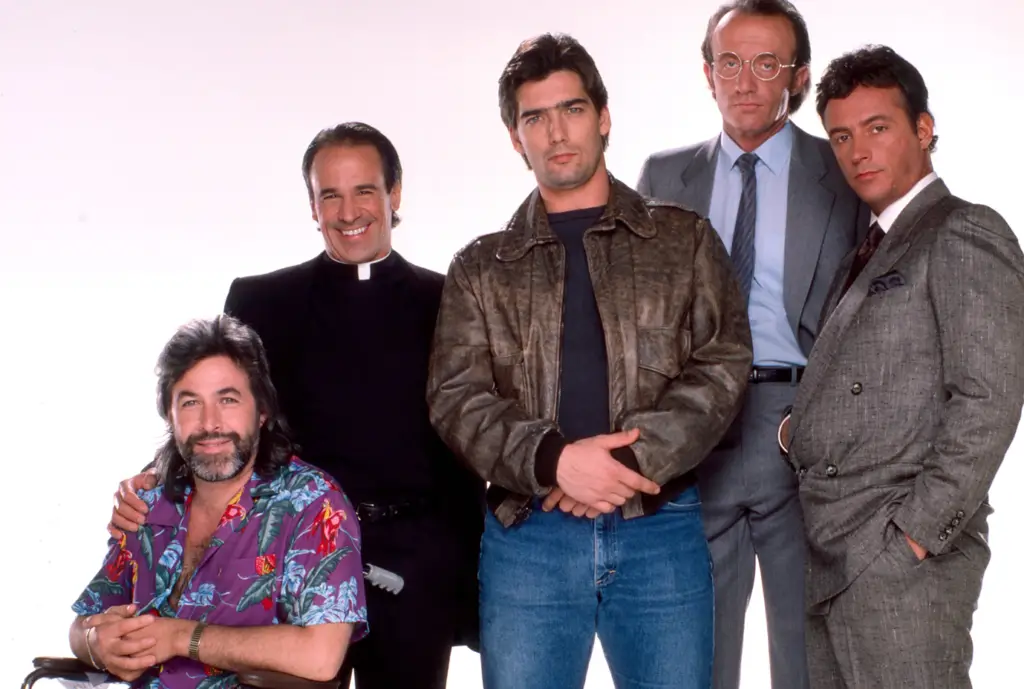
Wiseguy was another groundbreaking crime drama, running from 1987 to 1990. Instead of a new case every week, it used long story arcs, following an undercover agent as he infiltrated criminal organizations. This format felt more like a novel than a traditional episodic show.
Though the format was influential, the show never reached mainstream popularity. Today, most people remember Miami Vice, but Wiseguy quietly changed the way TV approached serialized storytelling. It deserves more credit for showing that TV could handle complex, long-form plots.
11. China Beach
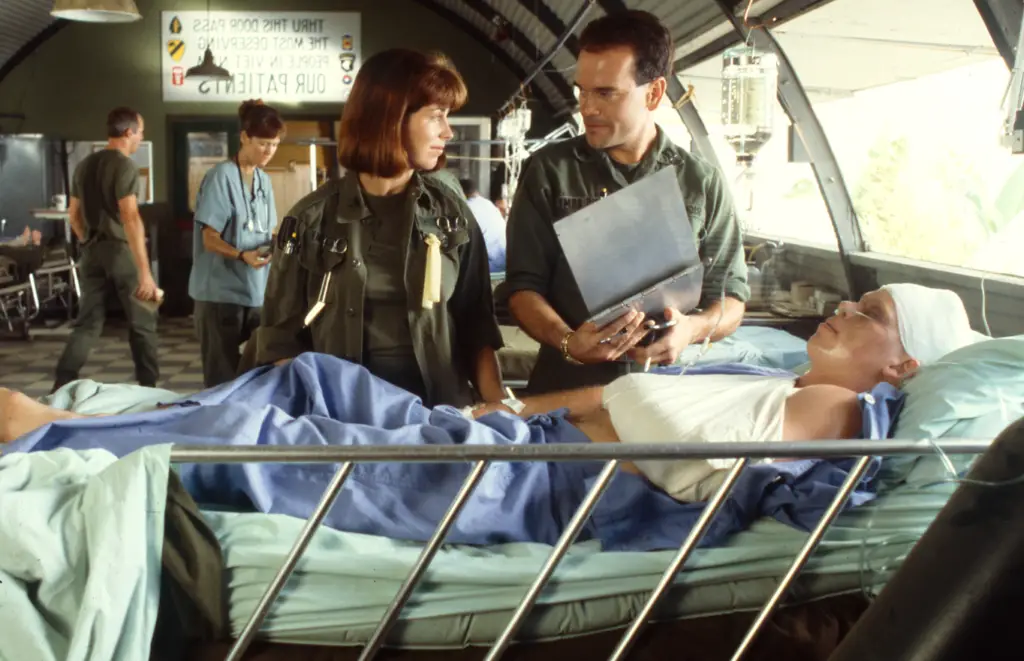
Premiering in 1988, China Beach was a rare drama that showed the Vietnam War from the perspective of women—nurses, volunteers, and entertainers stationed overseas. Dana Delany starred, and the show brought humanity and raw emotion to a subject often told from a male soldier’s view.
It was critically acclaimed and even won awards, but it never achieved the mass popularity of other war dramas. Today, it’s rarely discussed, yet it was groundbreaking in giving a voice to those whose stories had been overlooked. Its emotional depth still holds up for those who revisit it.
12. Newhart
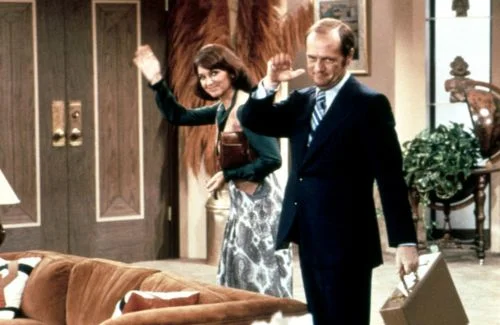
Bob Newhart’s 1982 sitcom about an innkeeper in Vermont might not sound groundbreaking at first, but its quirky, offbeat humor stood apart from standard sitcom formulas. The show embraced eccentric side characters and surreal situations, building toward one of the most famous finales in TV history.
While people remember that final twist, the series itself often gets overshadowed by Newhart’s earlier work. Still, Newhart helped redefine how strange and creative sitcoms could be, paving the way for shows that leaned into quirky ensemble casts. It was quietly revolutionary, even if it’s not always recognized as such today.


